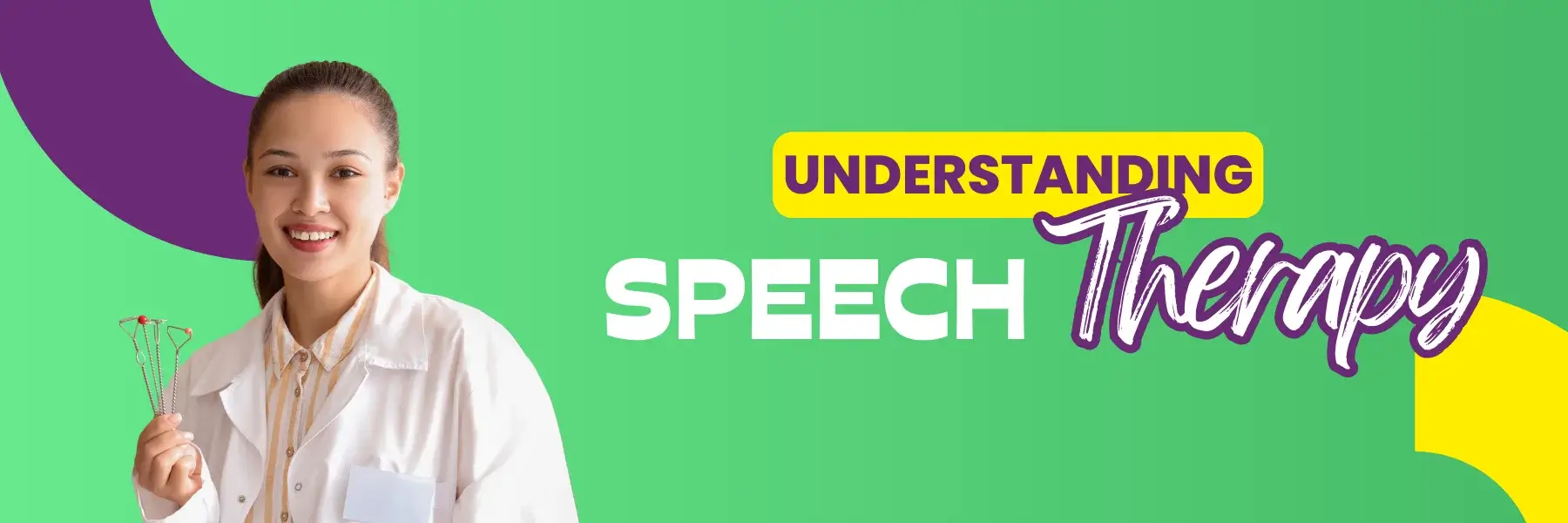Speech is a very important part of our communication, and for stroke, Parkinson’s disease, and multiple sclerosis sufferers, this is a huge challenge. It may be very difficult for them to talk and understand people around them due to such ailments.
Fortunately, speech therapy can boast a range of techniques specifically aimed at improving communicative abilities. Appropriate therapy can ensure significant improvements in the way people with speech and swallowing disorders express themselves and interact with others, thus improving their quality of life.
This article considers how speech therapy supports participants of the NDIS with neurological disorders, explores what therapies are available to treat these disorders, and discusses ways in which to find the ideal specialist through resources like Provider 24 to source the best support providers.
What is Speech Therapy?
The techniques and exercises that focus on improving speaking, language, and communication will also be included in the therapy. In neurological disorders, speech therapy focuses on overcoming the attack that these diseases would have created about the individual’s communication aspects. It may help in a variety of areas such as speaking, understanding, and even swallowing.
Speech therapy is an indispensable means for NDIS participants to regain their independence and socialise with others. Speech-language pathologists develop an individualised treatment plan to address their respective needs and ensure that they will be able to communicate well and participate in society.
Types of Speech Therapy
It is a diversified field whereby various approaches fit various needs. Some of the speech therapies that people with neurological disorders and participants in the NDIS may benefit from include:
1. Articulation Therapy
In articulation therapy, speech is made intelligible. It teaches one how to correctly pronounce words. Neurological disorders may be felt in the muscles used in talking, hence, slurring or unclear talking. This type of therapy enables one to practice and perfect speech sounds to give out their words.
2. Language Intervention Therapy
Language intervention therapy helps to improve the overall abilities of expressive and receptive communication in individuals. This might involve therapy to build vocabulary, work on sentence structure, and boost understanding of spoken language for people under the NDIS who struggle to form sentences and grasp spoken words.
3. Cognitive-Communication Therapy
Communication therapy aims to improve the mental skills that support effective communication such as memory, focus, and problem-solving. Many brain disorders affect these skills so this therapy tries to strengthen them, which often leads to better overall communication and day-to-day functioning.
4. Voice Therapy
Voice therapy helps patients with vocal cord issues, like those with Parkinson’s disease. It focuses on making the voice stronger and louder to help people speak more clearly and confidently.
5. Augmentative and Alternative Communication
AAC tools offer different methods for people who struggle to speak. These can include picture boards, special electronic gadgets, or even using hand signs. Speech experts help find and set up the right AAC tool for each person’s specific needs.
6. Therapy for Dysphagia (Swallowing Therapy)
Swallowing therapy tackles eating and drinking issues linked to brain and nerve conditions. These treatments involve practices to make swallowing easier and lower the chances of food going down the wrong way. This helps make mealtimes safer.
7. Social Communication Therapy
Social communication therapies aim to boost interaction skills like reading social cues and keeping conversations going with others. NDIS participants go through therapy to build their ability to have meaningful social interactions.
The Role of Speech Therapy for the Participants of the NDIS Suffering from Neurological Disorders
Speech therapy plays a crucial role for NDIS participants diagnosed with neurological disorders. This therapy tackles communication and swallowing issues helping affected individuals gain independence and boost their quality of life. This need attracts NDIS funding to provide tailored support based on each participant’s requirements. Speech therapy often helps with these conditions:
- Stroke: This causes aphasia, which hinders a person’s ability to speak and comprehend others. Therapy allows patients to recover lost language skills and discover new communication methods.
- Parkinson’s Disease: This illness has an impact on a person’s voice making it harder to hear and understand. To address this, patients do exercises to boost their vocal muscles. This helps them speak louder and more , which improves their ability to communicate.
- Traumatic Brain Injury: This condition affects how people think and talk. It can make it hard to remember things or pay attention. Doctors use special therapy to help bring back these skills. The goal is to help patients interact and speak better in their daily lives.
- Multiple Sclerosis: MS can cause slurred speech and problems in swallowing food. Speech therapy can come over such problems by helping build up the muscles and coordinating the various muscular movements involved in speech and other activities.
Common Conditions Treated by Speech Therapy
Individuals with neurological disabilities often have speech and language difficulties, and this is no exception among NDIS participants. It can include anything from mumbling or poorly articulating speech, inability to comprehend spoken or written language, aphasia, dysarthria, and even voice difficulties such as weak or flat tone of voice.
Other complications that may occur include cognitive-communication disabilities with symptoms such as memory and attention deficits, dysphagia, or difficulty swallowing.
Speech therapy will also address these issues directly and help the NDIS participant communicate better and be more engaged in social activities. Customised support could go a long way in enhancing their quality of life and making them far more independent.
How to Find a Specialist Speech Therapist for NDIS Participants with Neurological Disorders
Locating a speech therapist is a significant factor in getting the best possible outcome. The following steps will help in finding a specialist who addresses NDIS participants with neurological disorders:
1. Seek Experience Working with Neurological Conditions
Find a speech pathologist who has experience in treating neurological conditions. They must, therefore, understand the types of challenges these disorders create and treat them appropriately.
2. Check NDIS Registration
Ensure that the therapist or organisation is registered with the NDIS. This would ensure that the services fall under NDIS funding and would also provide the necessary standards.
3. Look for Tailor-Made Personal Care Plans
Look for a therapist that offers an assessment of a patient’s condition on an individual basis and provides treatment planning. Indeed, personalised care is quite essential to treat the participants under NDIS according to their specific needs.
4. Utilise Resources as Provider 24
You can find speech therapy services through Provider 24. Their online marketplace has been developed to help you locate the closest specialised support provider to you quickly and efficiently, ensuring you have the best care for all of your needs.
Conclusion
One of the most vital support services that participants of the NDIS with neurological disorders can access is speech therapy. It offers multiple, different types of therapies to address issues with communication and swallowing. Speech therapy can help one improve upon the clarity of speech, increase the use of cognitive communication skills, and work toward independence and quality of life.
For this, the appropriate speech therapist has to be appointed to achieve optimum results. NDIS Finder, such as Provider 24, links you with specialised care providers who understand the unique challenges that come with living with a neurological disorder and provide the resources to support each person specifically. With proper therapy and assistance, NDIS participants can conquer communication barriers and enjoy life more fruitfully.




